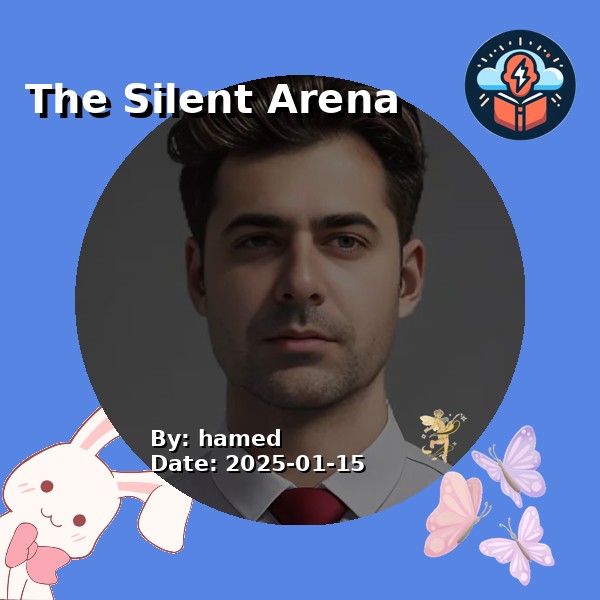Yumi stood at the edge of the track, her heart pounding with anticipation. The Tokyo 2020 Olympics, held a year later, had been nothing like the Games she’d imagined. There were no roaring crowds, no energetic cheers, no vibrant national flags waving in the air. Just the quiet hum of an empty stadium, the muffled echo of footsteps, and the occasional beep of a camera clicking.
This wasn’t the Tokyo she had dreamed of—where she’d envisioned the cheers of thousands lifting her to victory. Instead, she found herself competing in the quietest Olympics in history, held under the heavy weight of pandemic restrictions.
As she adjusted her racing bib, Yumi tried to block out the isolation that had defined the lead-up to these Games. The months of quarantine, of training in sterile gyms, of virtual team meetings with her coach—everything had felt distant, disconnected. Even her family, usually her loudest supporters, could only cheer for her through a screen. The world, once so vibrant and full of life, felt muted, a reflection of the uncertainty and fear that had gripped it for so long.
But there was something else that kept her grounded. A deep, undeniable drive—a commitment to her country, to her teammates, and to herself. Yumi had been running for as long as she could remember, a passion sparked in her childhood when her father had raced alongside her in the local park. But now, more than ever, every stride, every breath, felt like a personal battle. Not just against the other athletes, but against the circumstances that had made this moment so surreal.
The starting gun went off, and Yumi surged forward, the weight of the empty stands pressing against her chest. The track was a blur beneath her, but all she could hear was her own breath, her feet striking the ground in a steady rhythm. She knew this was the moment she had worked for. This was the culmination of years of sacrifices, of countless hours of training. She had sacrificed so much—her social life, her family gatherings, the normalcy of a life outside of the Olympic dream.
As she rounded the final curve, the finish line in sight, Yumi’s legs screamed with exhaustion. But she pushed through, the echo of her father's words in her mind: "When it gets tough, that's when you show who you really are."
Her body was heavy, but her resolve was stronger. She crossed the finish line, breathless, her chest heaving. There were no crowds, no media frenzy. Just the quiet click of a stopwatch and the muted applause of a small team of officials. Yumi collapsed to her knees, the weight of the race, of the months of uncertainty, finally crashing down on her.
She had done it. She had competed, she had represented her country, and she had overcome the silence, the isolation, and the fear of a pandemic that had upended the world. There was no roar of triumph, no victory lap to bask in—but in that stillness, in that emptiness, Yumi found something more profound than she could have imagined: the realization that she had achieved her dream, not because of the cheers of the crowd, but despite the silence.
And that, she knew, was the most powerful victory of all.
